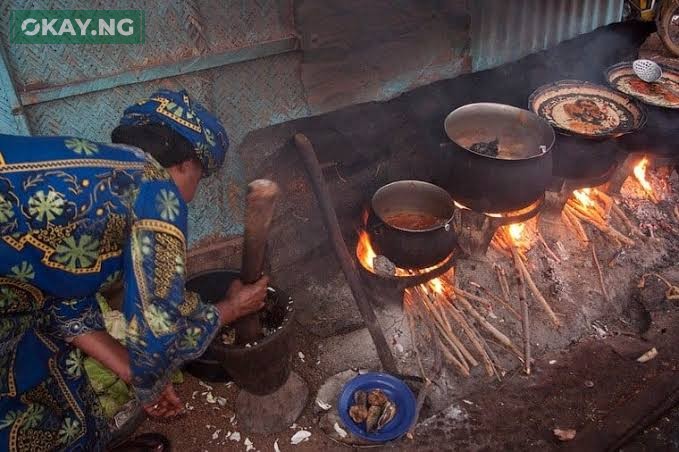Vast swathes of Africa remain at risk as the International Energy Agency (IEA) brings attention to the grave dangers of traditional cooking methods. According to a recent report, roughly one billion Africans still rely on open fires and hazardous fuels to prepare their daily meals. These methods not only jeopardize health but also contribute significantly to environmental decline.
Globally, the issue is stark. The IEA found that two billion people, mainly across developing countries, use open flames or primitive stoves fueled by wood, manure, or agricultural scraps. The environmental toll is shocking, with emissions rivaling those of the entire aviation sector.
Fatih Birol, IEA’s executive director, underscored the injustice: “It is one of the greatest injustices of our time, especially in Africa,” he said, highlighting the reality that nearly four out of five African households depend on such harmful traditions for cooking.
The impact is deeply personal. Exposure to smoke and fine particles from fuel burning increases the risk of respiratory and cardiovascular diseases. Women and children bear much of the burden, spending endless hours each week collecting fuel—time that could be used for education or work. The IEA reported that in Africa alone, 815,000 people die prematurely every year due to poor indoor air quality resulting from lack of access to clean cooking options.
Efforts to tackle this crisis have gained momentum after a major IEA summit in Paris last year yielded $2.2 billion in pledges from public and private partners and 12 African governments. Since that event, $470 million has helped launch promising initiatives, such as a stove factory in Malawi and affordable clean stove programs in Uganda and Ivory Coast.
The IEA’s latest assessment describes a roadmap for universal access to clean cooking by 2040. Birol remains hopeful, pointing out that the challenge is solvable with an annual investment of $2 billion—just 0.1% of global energy budgets.
Proven solutions are available, from solar-powered electricity to liquefied petroleum gas (LPG), which, while not ideal, offers a significant improvement over current practices. The IEA projects that resolving Africa’s cooking crisis could prevent 4.7 million premature deaths and cut greenhouse gas emissions by 540 million tons before 2040.
Okay.ng reports that the challenge remains particularly acute in sub-Saharan Africa, where population growth threatens to outpace progress in expanding access to modern cooking solutions. Since 2010, notable improvements have been seen elsewhere: 1.5 billion people in Asia and Latin America have switched to modern stoves and fuels, particularly in India, Indonesia, and Brazil.







